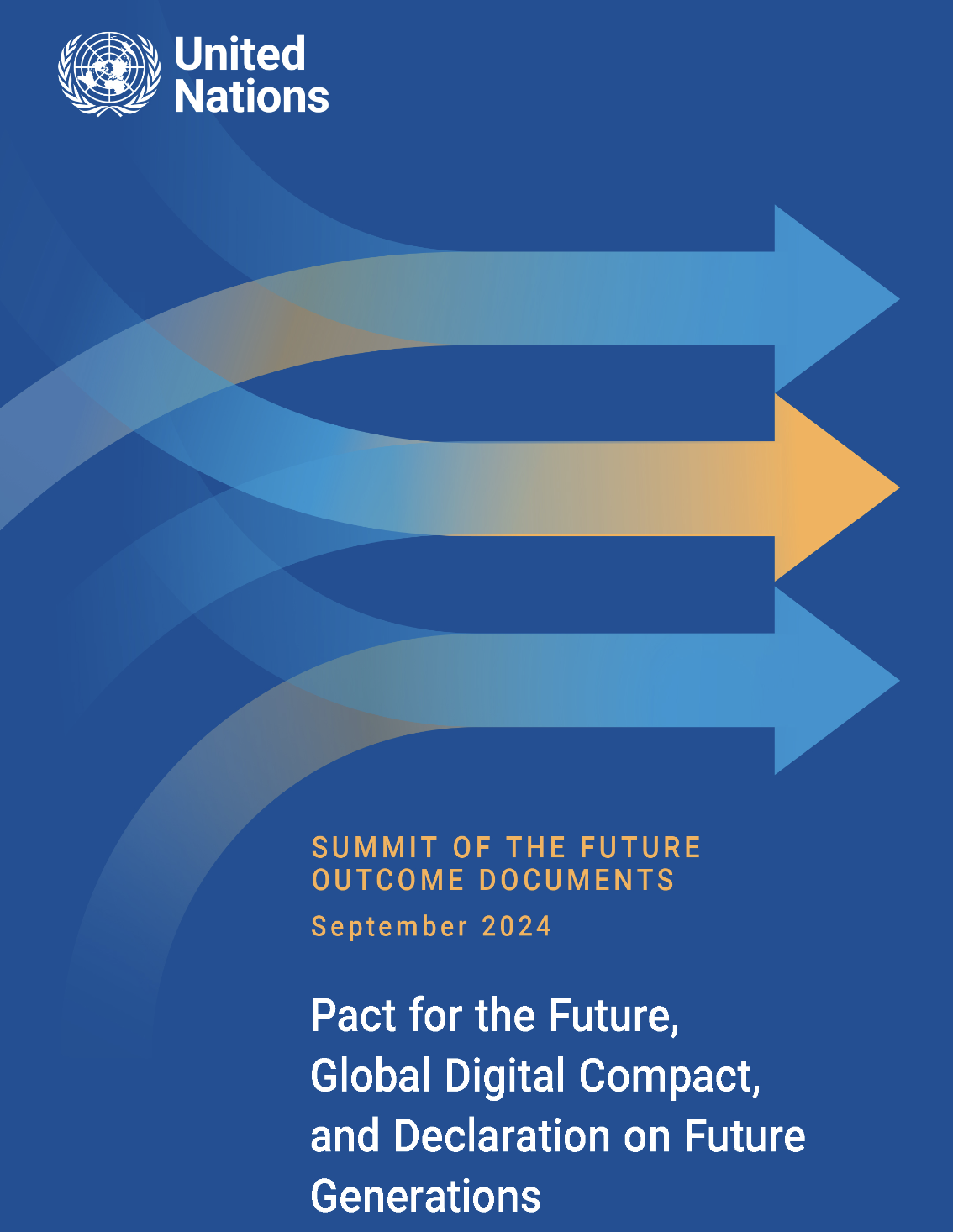October 2024 Edition — The Food Archive
There is much to catch up on in this month’s Food Bytes. The fall season here in the U.S. always brings a lot of productivity. There seem to be more meetings, more papers, and more output. We just finished the UN General Assembly and Climate Week in New York. I love seeing so many friends and colleagues come to town, but it is exhausting. There are so many “side” events. We hosted a Bollinger Convening at Columbia’s Climate School that brought together some of the best people in the food systems field, including the President of Malawi, the PM of Haiti, and the First Lady of Brazil. Good times were had by all, but I deeply wonder if all the time, money, and greenhouse gases spent flying to NY actually amount to meaningful change. There were swanky events where people were nibbling on gourmet hors d’oeuvres, drinking champagne cocktails, and pontificating about solving poverty through quick tech fixes…It is a bit nauseating, to say the least. The same goes for COP, Davos, etc. As one of my colleagues said, “Just say you want to bring all your friends into town and have a big party. But don’t think you will solve the world doing so.” Point taken. Ollie Camp at GAIN did an excellent re-cap for those who couldn’t make it to Gotham. For an even briefer re-cap, all the food-focused events seem to be honing on two topics: (1) regenerative agriculture (what exactly is it?) and (2) the livestock conundrum. The UN produced a Pact for the Future with 56 actions for a global transformation protecting present and future generations. Is this the next set of Sustainable Development Goals?
Reports
The Tilt Collective, a new initiative focusing on plant-based foods, made a big splash at Climate Week. It will be interesting to see where they go. They have a report to explain their plan further, and the CEO, Sarah Lake, summarizes her modus operandi on a Tedtalk that can be found on the Tilt homepage. The Gates Foundation also released its Goalkeepers report and had a splashy event at Climate Week, focusing on nutrition. They argue that “No other global health problem requires a larger-scale solution than malnutrition.” I tend to agree…
Speaking of nutrition, the World Bank released their much anticipated Investment Framework for Nutrition. They argue that scaling up nutrition interventions to address undernutrition globally will require an additional $13 billion annually over the next ten years (2025-2034). This would mean $13 per pregnant woman and $17 per child per year under five years. This investment could avert 6.2 million deaths in children under age five and 980,000 stillbirths over the next decade.














Post Comment